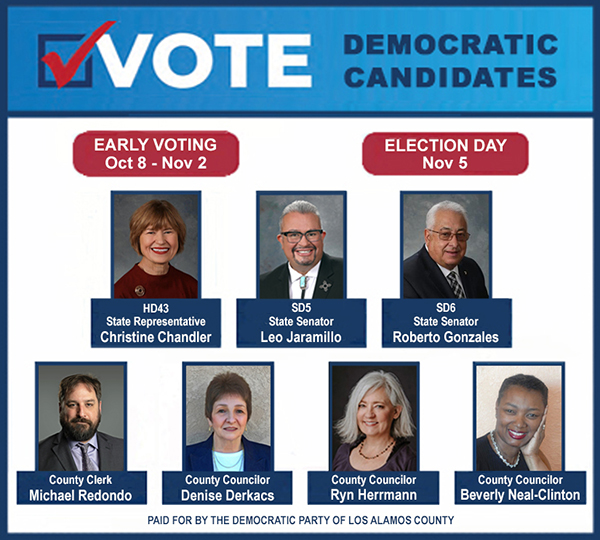Market Oversaturation Forces Closure of Pot Shops in New Mexico
New Mexico has achieved a significant milestone in the cannabis industry, hitting $1.3 billion in sales as reported by the state’s Regulation and Licensing Department (RLD). This achievement follows a strong performance in August, which saw sales exceeding $51 million. However, the celebratory news is marred by reports of small cannabis businesses and legacy operators shutting down due to market oversaturation and the unique challenges faced by the industry.
Industry operators argue that the oversaturation is detrimental to small businesses, calling for a temporary halt on issuing new licenses. Last week, it was disclosed that Minerva Canna and Sacred Garden—two legacy operators that predate the legalization of adult-use cannabis—are permanently closing their doors. Additionally, Ultra Health has reportedly reduced its number of stores by 20% across the state.
Among other struggling businesses is Cinder, which has also announced closures. “Cinder was relatively successful in terms of sales, ranked 216 out of 1,100, which means there are 800 businesses behind us that are likely to fold,” stated Mitch Anderson, Cinder’s Director of Manufacturing. He emphasizes that the oversaturated market is making it increasingly difficult for smaller operators to compete.
“We need to turn off the license faucet immediately,” Anderson asserted. “Even after doing so, there will still be an excessive number of licenses in circulation.” His sentiments reflect a broader industry concern since adult-use legalization, with over 1,500 retail cannabis licenses issued in New Mexico to date.
Anderson warns that the large number of operators gives bigger companies an advantage when it comes to managing expenses that could jeopardize smaller businesses. “When you’re small, you’re very fragile,” he explained. He recounted an instance where Cinder had to recall products after internal quality checks identified issues that third-party labs missed, leading to substantial losses.
Cannabis businesses face distinct challenges that are not as prevalent in other industries. They have limited access to traditional business loans and are excluded from federal grants and assistance. Additionally, they encounter steep taxes and rigorous regulatory oversight. While Anderson believes the current tax rate is reasonable, he argues that there should be a pause on tax payments to alleviate the burden on businesses struggling in this economic climate.
Compounding these challenges is competition from a burgeoning black market that sells unregulated marijuana at lower prices, further undermining legal dispensaries. Anderson pointed out the need to cap new licenses as a potential solution. “Licenses should go into receivership for a year, and if no one picks them up, they should be eliminated,” he proposed.
Calls for implementing a cap on licenses have been echoed by various industry stakeholders, including Duke Rodriguez, CEO of Ultra Health, and Ben Lewinger, Executive Director of the New Mexico Cannabis Chamber of Commerce. Lewinger emphasized the need for urgent, thoughtful action to create a balanced and healthy industry.
The Cannabis Control Division (CCD) has maintained that it lacks the authority to limit licenses under current laws, which means advocates seeking a cap will need to pursue legislative solutions.
Despite the challenges, Anderson remains optimistic about his future in the cannabis industry. “I’m not going anywhere,” he affirmed, noting his extensive experience in the field since 2014. However, he is considering relocating to Washington state, where his family resides, as he evaluates the next steps in his career. “I’ve had an incredible time in New Mexico and have developed a deep appreciation for the state, but I need to step back and reassess what the future holds for me.”






